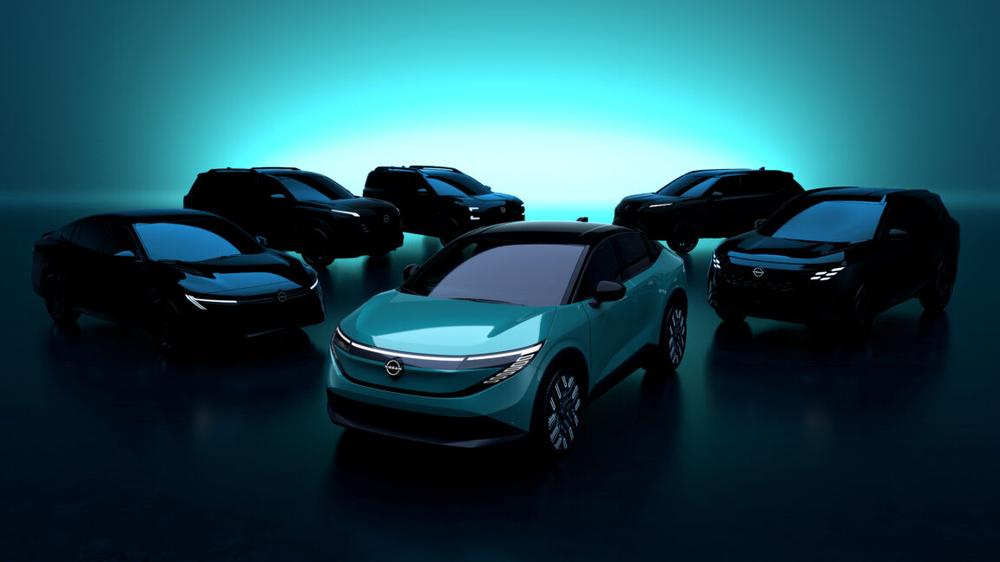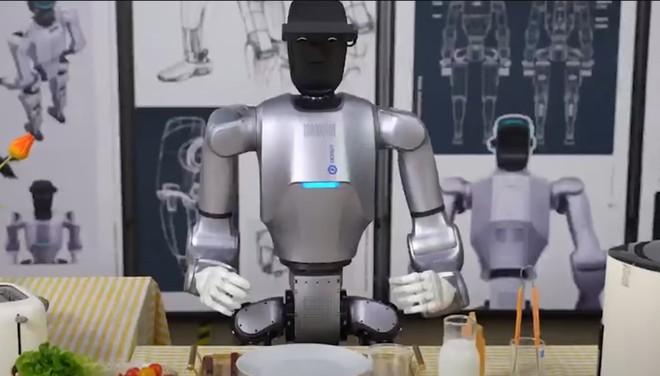Nissan's third-generation Leaf sounds like it will be quite the attractive electric vehicle. Smaller but more spacious than the car it will replace later this year, it should be more efficient and at last feature proper thermal management of the battery. But now it seems that Nissan will build fewer Leafs than it planned, thanks to Chinese restrictions on the export of certain rare-earth elements that are critically important for electronics and electric motors.
The export restrictions mean a lack of spare parts for the Leaf, according to Reuters, and that means Nissan is reducing the output of its factory in Japan that is building the new car. Fellow Japanese automaker Suzuki had to suspend production of one of its models earlier this year as a result of the Chinese ban.
China began restricting exports of rare earths in April in response to the global trade war started by President Trump. Currently, US automakers and manufacturers are allowed to apply for export licenses that are good for six months, no more.
Nissan's future product portfolio is feeling the effects of some of Trump's other policies. Working with congressional Republicans, the president has chosen to end federal tax incentives meant to encourage the adoption of clean energy vehicles like EVs. As a result, many new EVs will get $7,500 more expensive for most customers from October 1.
There's no question that EV incentives help spur demand, given the higher purchase price of an EV. No credit means lower demand, so Nissan is delaying a pair of EVs it plans to build in Canton, Mississippi, according to Automotive News. The automaker has told its suppliers to expect a 10-month delay to the original schedule for an electric Nissan crossover now due for November 2028, and an Infiniti version that will now go into production in March 2029.
It's not the first time this year that the production schedule at the factory in Canton has been torn up and redone. In April, Nissan said it had to "face reality" and accept that "the sedan market is shrinking," as it cancelled a pair of electric sedans that were also to be built in Canton in the coming years.

 Robot cinese cucina una bistecca a 1800 km di distanza via VR | Video
Robot cinese cucina una bistecca a 1800 km di distanza via VR | Video